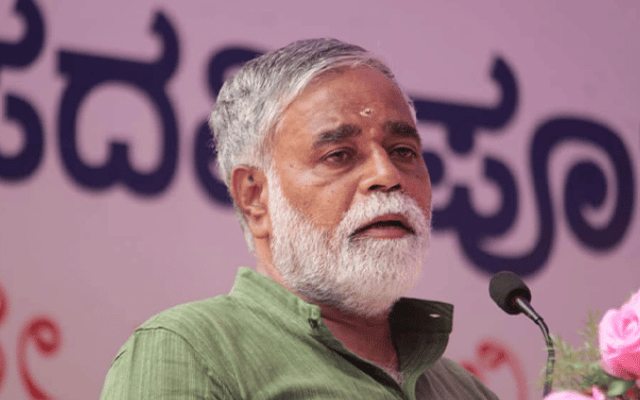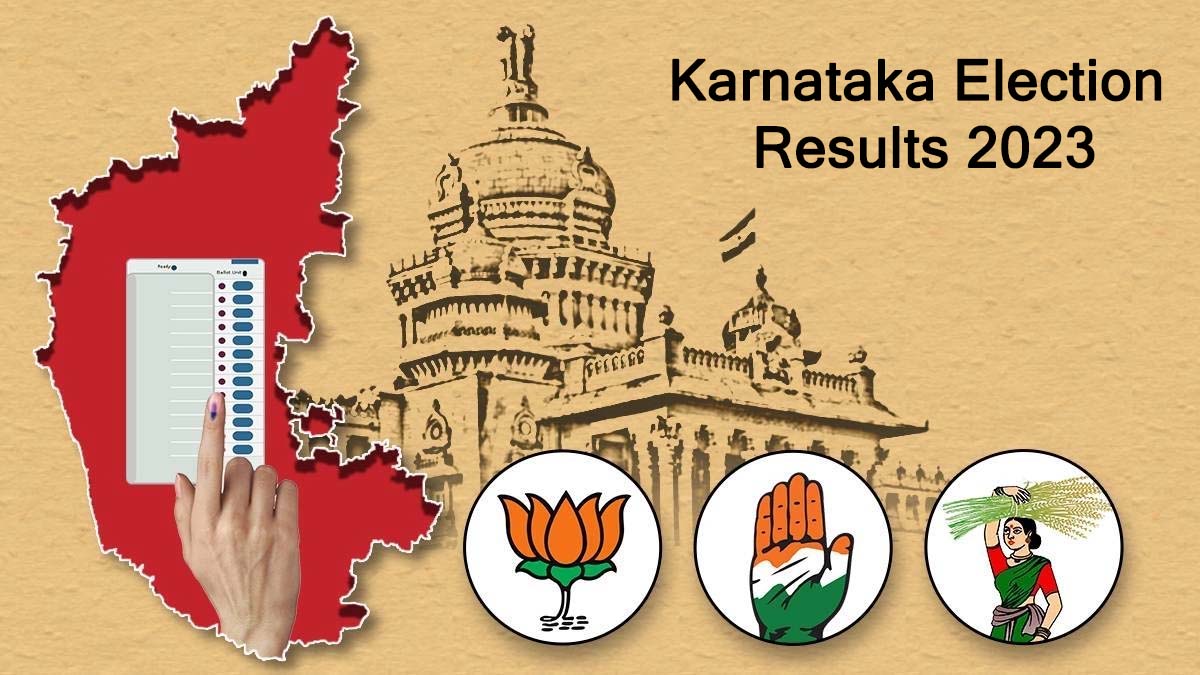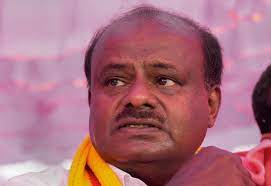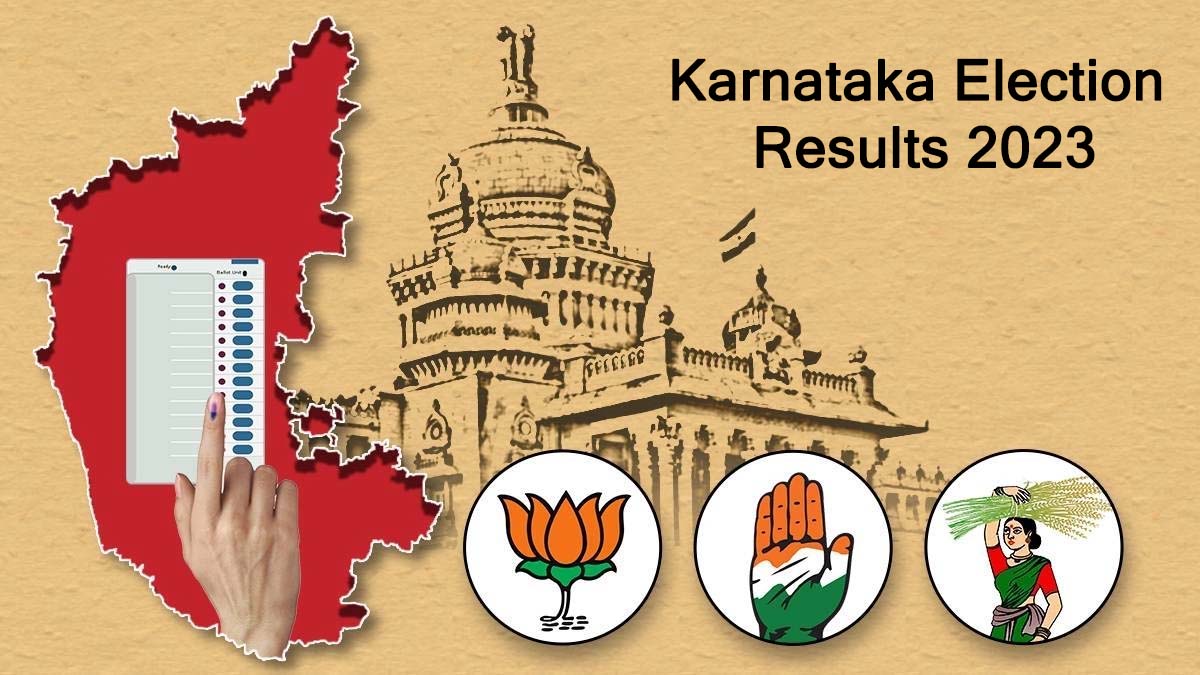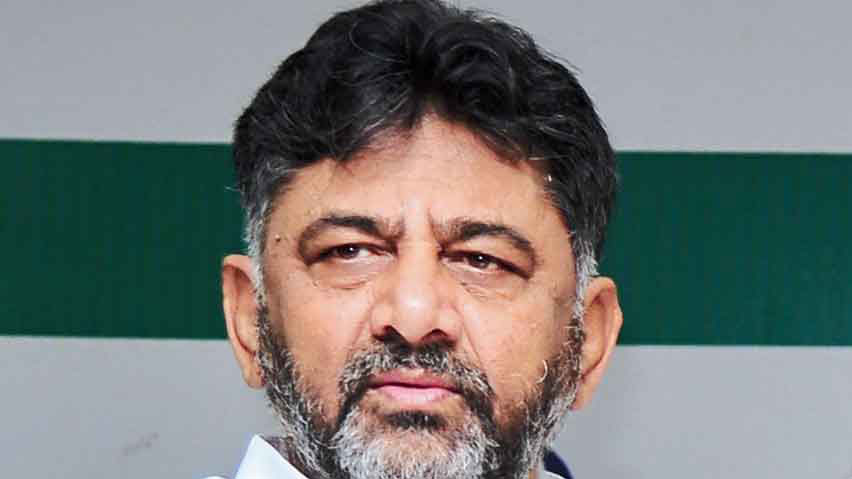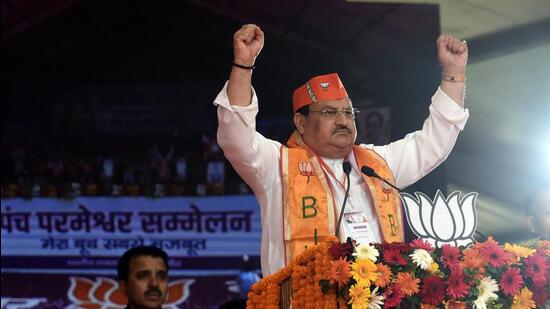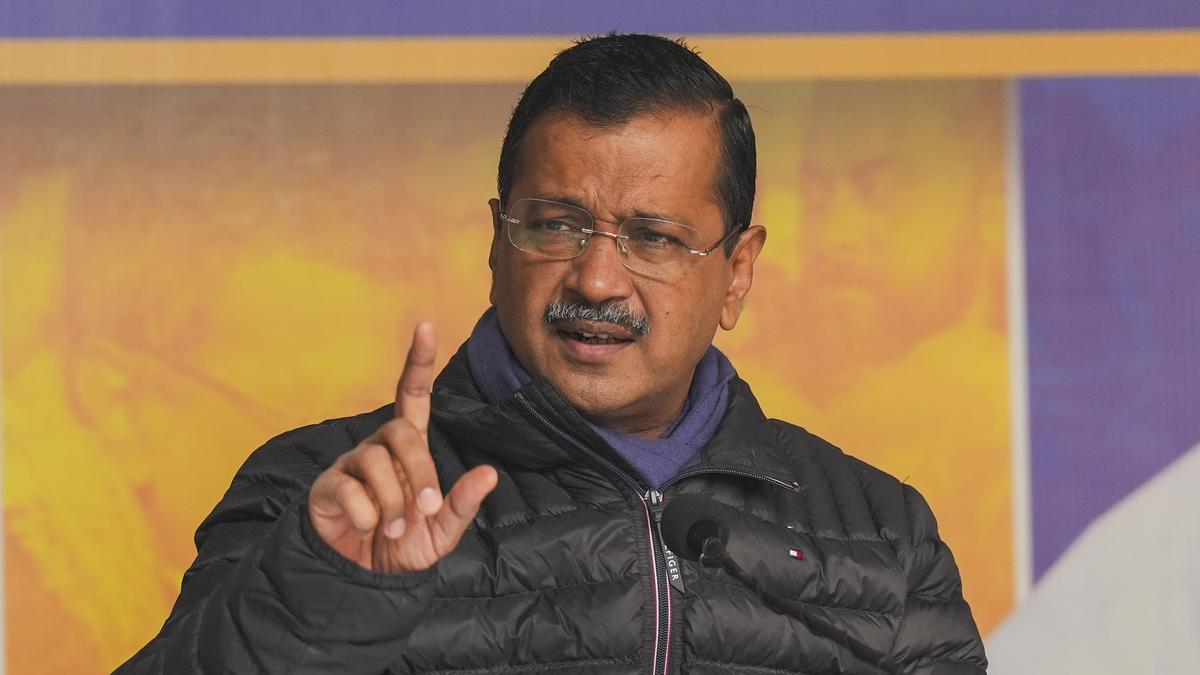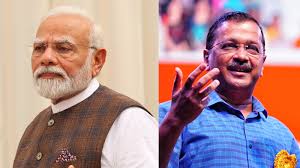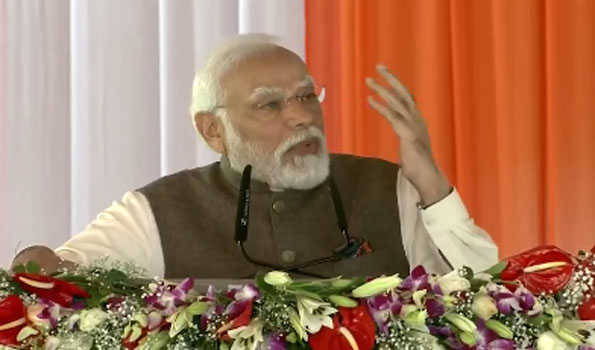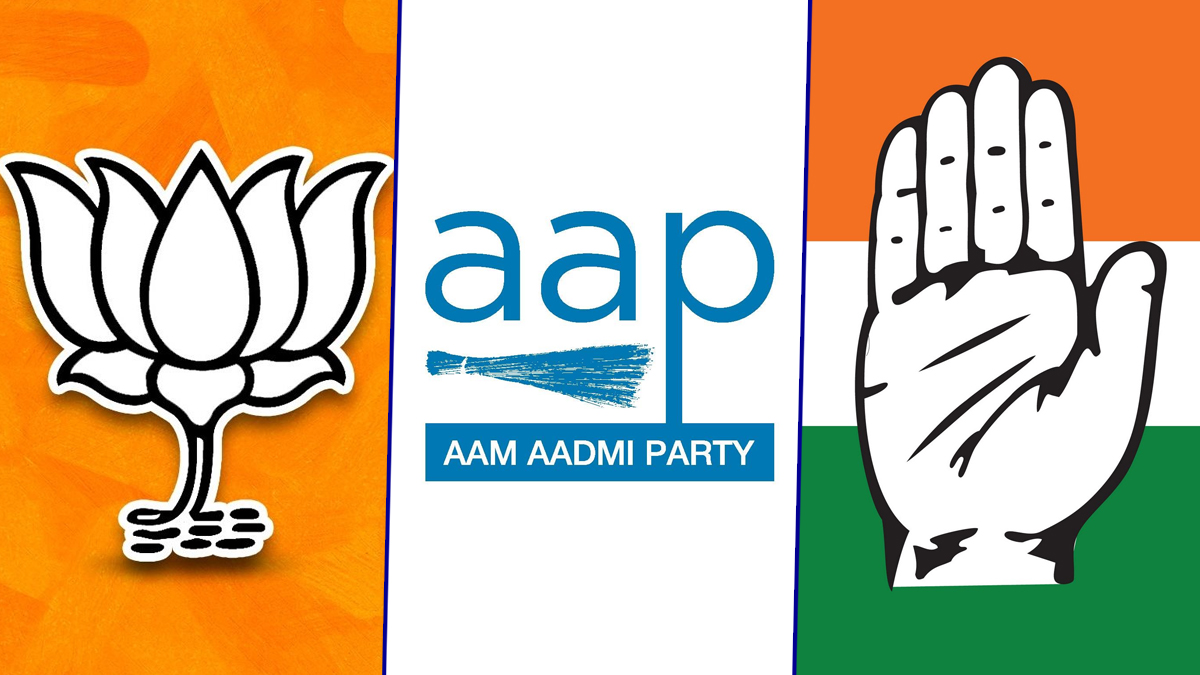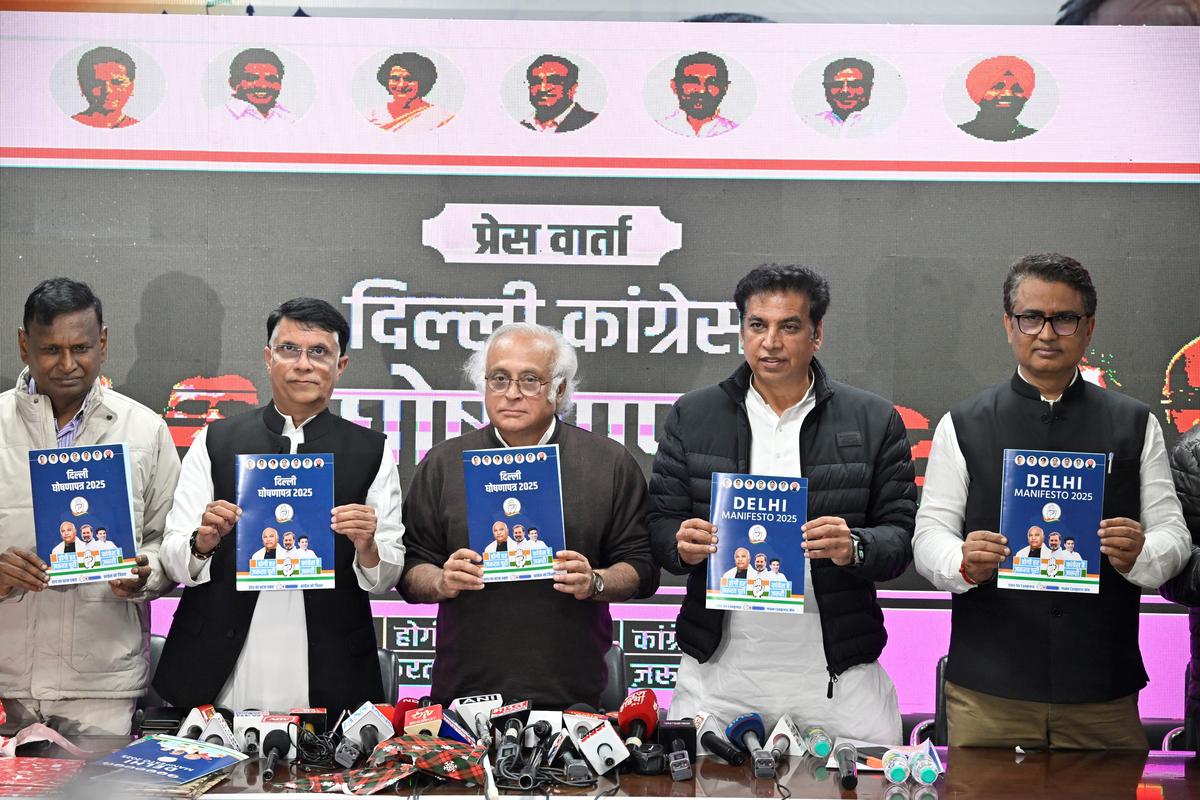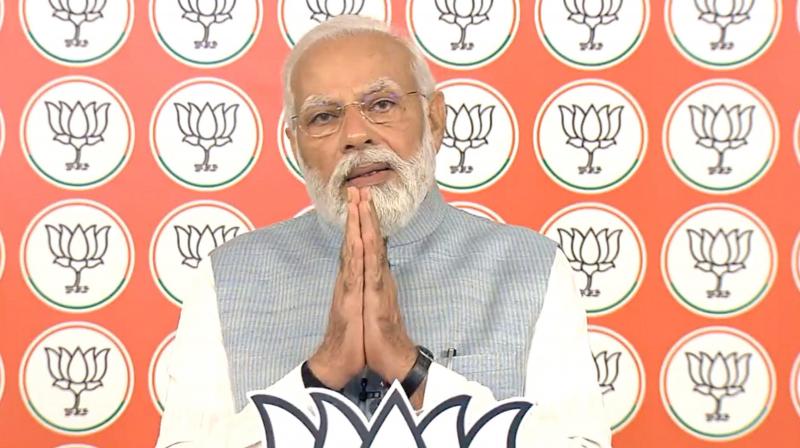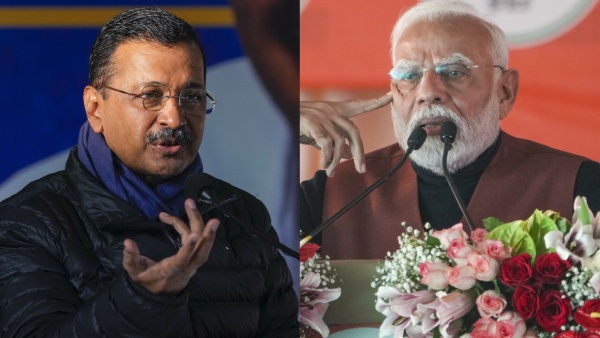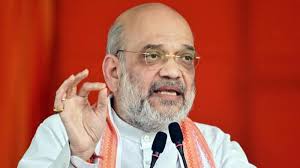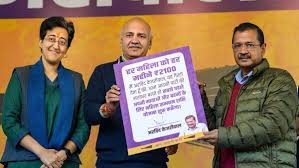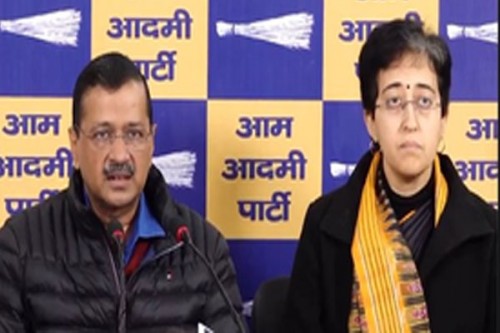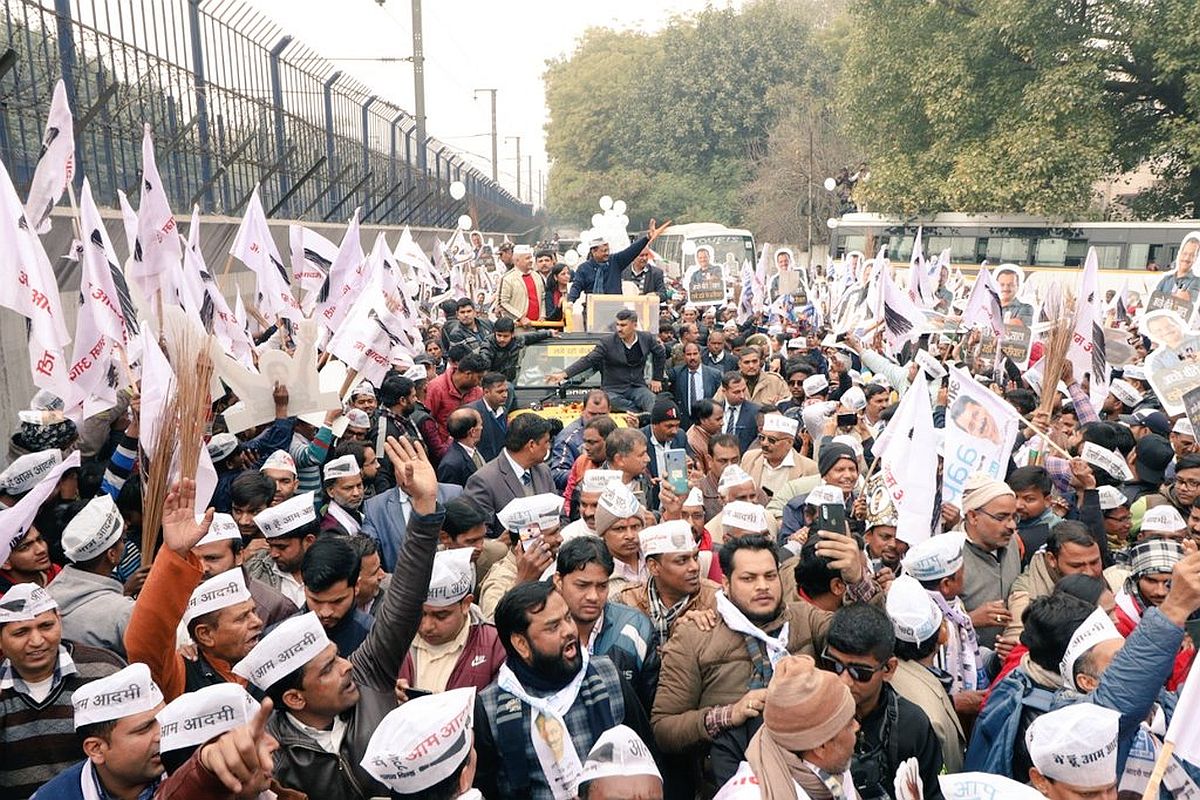Cong headed for decisive win in Karnataka
Sat 13 May 2023, 16:24:54
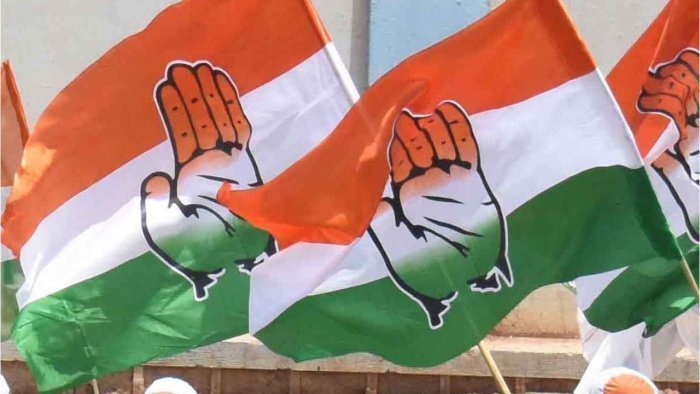
Bengaluru/New Delhi: The Congress was poised to win power in Karnataka, ousting the BJP from its only southern perch on Saturday in a boost to the grand old party ahead of the 2024 Lok Sabha elections.
As results from the May 10 elections made the BJP’s defeat increasingly apparent, Chief Minister Basavaraj Bommai virtually conceded defeat and said the party had not been able to make the mark “in spite of a lot of effort put in by everyone, including the prime minister and workers of the party".
The Congress was winning or leading in 136 of the 224 assembly seats in the state, comfortably over the magic number of 113, and the BJP in 64, according to latest trends on the Election Commission website. The JD-S, which was hoping to be kingmaker, was leading in 20 seats.
With a much-needed victory tantalisingly close in the crucial southern state, celebrations broke out at the opposition Congress headquarters in Bengaluru and Delhi as party workers danced to drumbeats and burst firecrackers.
“This is the victory of ‘janata janardhan’,” Congress president Mallikarjun Kharge said on the party’s performance in his home state.
“All our leaders have worked unitedly and people have voted for our guarantees,” Kharge added. It was a bitterly contested, often vitriolic election campaign punctuated by Bajrang Dal, Bajrang Bali, corruption and intense debates on the state government scrapping 4 per cent reservation for OBC Muslims and issues such as the hijab.
For the Congress, desperately looking to reverse its electoral fortunes and position itself as the main opposition player in 2024, this was the moment they had been waiting for.
“This result in Karnataka elections will be a stepping stone for Congress victory in the 2024 Lok Sabha polls,” senior leader Siddaramaiah, who could be the state’s next chief minister, told reporters.
“I hope Rahul Gandhi will become the country's prime minister in 2024,” he added. KPCC president D K Shivakumar, who is the other contender for the chief minister’s post, was equally effusive in his praise of the Gandhi family.
“I can't forget Sonia Gandhi visiting me after the BJP people jailed me,” an emotional Shivakumar told reporters, adding that he had told the Gandhi family and Kharge that he would deliver Karnataka to them.
Attacking the Basavaraj Bommai-led administration months before the elections, the Congress alleged that it was a "40 per cent commission" government. It also announced five key pre-poll guarantees -- including 200 units of free power and 10 kg of rice free to every member of a BPL household -- and said it would approve them in its first cabinet meeting if voted to power.
Besides the corruption plank and its guarantees, what also worked in the Congress’ favour was the Muslim vote, which accounted for nearly 13 per cent of the electorate, party leaders said.
“The Bharat Jodo Yatra made a lot of difference,” added party leader Shama Mohammed, referring to the Kanyakumari to Kashmir campaign
headed by Rahul Gandhi who walked some 3,000 km over three months.
headed by Rahul Gandhi who walked some 3,000 km over three months.
Congress general secretary Jairam Ramesh agreed.
"The Bharat Jodo Yatra was the Sanjeevini for the party. It energised the organisation and instilled a deep sense of unity and solidarity among leaders and workers," Ramesh told PTI.
As the Congress savoured its moment, BJP leaders, who had been hoping to break a 38-year jinx of Karnataka not voting an incumbent to power, were contemplative in defeat. "We will do a detailed analysis as the results conclude. We will take these results in our stride and try to reorganise the party for next year's Lok Sabha elections," Bommai said.
The BJP’s vote share slipped from 36.22 in the last assembly election to 35.7 per cent, according to Election Commission of India trends. The Congress’ vote share has gone up from 38.04 per cent to a possible 43 per cent. The gains perhaps from the JD-S - the party’s vote share came down 18.36 per cent to 13.3 per cent, according to the trends.
Hoping for a win that would make his party a key player come government formation, JD-S leader and also former chief minister H D Kumaraswamy visited the Shri Basaveshwara Gayatri temple to offer prayers.
Counting for the elections - which witnessed a record turnout of 73.19 per cent - began at 8 am across 36 centres. Elaborate security arrangements were made across the state, particularly in and around the counting centres, to avoid any untoward incidents, official sources said.
Most exit polls had predicted a tight contest between the Congress and BJP. Several pollsters gave an edge to the Congress over the ruling BJP, while indicating the possibility of a hung assembly.
"A government with full majority" was the strong pitch of leaders of all political parties during the high-decibel, no holds barred campaigning that ended on Monday.
The stress was on a clear mandate to form a strong and stable government, unlike 2018 when BJP emerged as the single largest party with 104 seats. The Congress had 80 seats and JD-S 37. There was also one independent member, while the BSP and Karnataka Pragnyavantha Janatha Party (KPJP) had one seat each.
With no party getting a clear majority, the Congress and JD-S tried to forge an alliance. BJP’s B S Yediyurappa staked claim and formed the government. However, it was dissolved within three days, ahead of a trust vote, as the saffron party strongman was unable to muster the numbers.
Subsequently, the Congress and JD-S alliance formed the government with Kumaraswamy as chief minister. But the wobbly dispensation collapsed in 14 months, triggered by the resignation of 17 ruling coalition legislators who then defected to the BJP.
This enabled the BJP's return to power.
In the outgoing Assembly, the ruling BJP has 116 MLAs, followed by the Congress 69, JD-S 29, BSP one, independents two, speaker one and vacant six (following deaths and resignations to join other parties ahead of the polls).
No Comments For This Post, Be first to write a Comment.
Most viewed from Karnataka Election Results 2023
Most viewed from Politics
AIMIM News
Latest Urdu News
Most Viewed
May 26, 2020
Do you think Canada-India relations will improve under New PM Mark Carney?
Latest Videos View All
Like Us
Home
About Us
Advertise With Us
All Polls
Epaper Archives
Privacy Policy
Contact Us
Download Etemaad App
© 2025 Etemaad Daily News, All Rights Reserved.

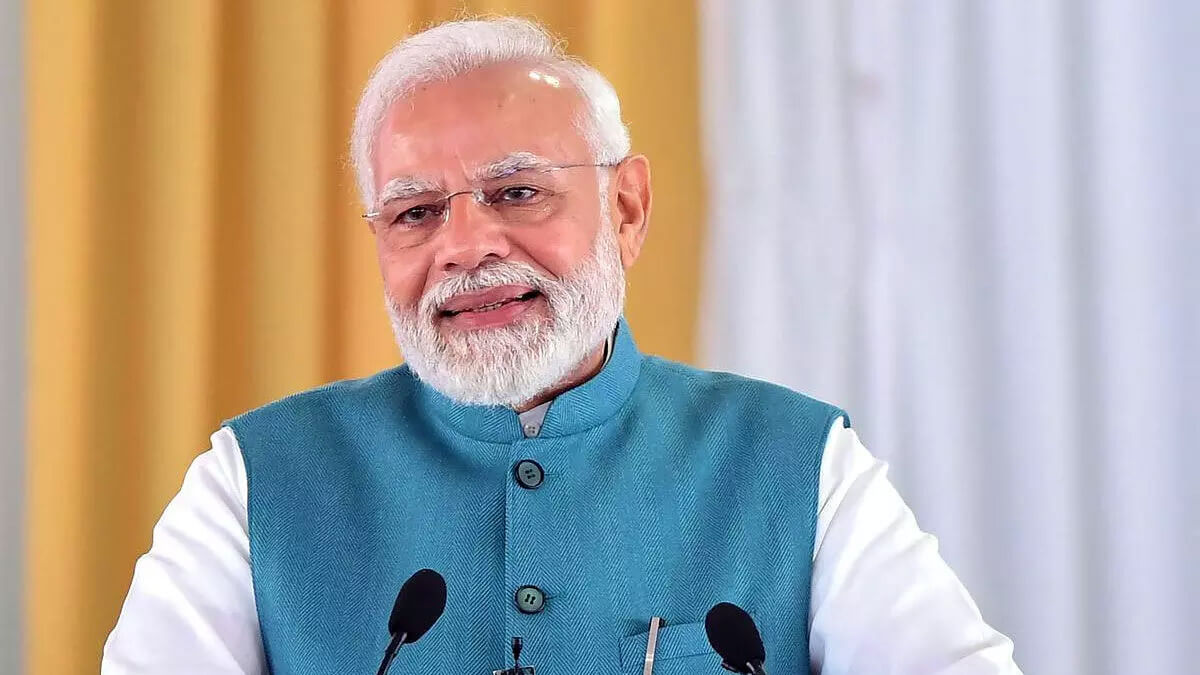
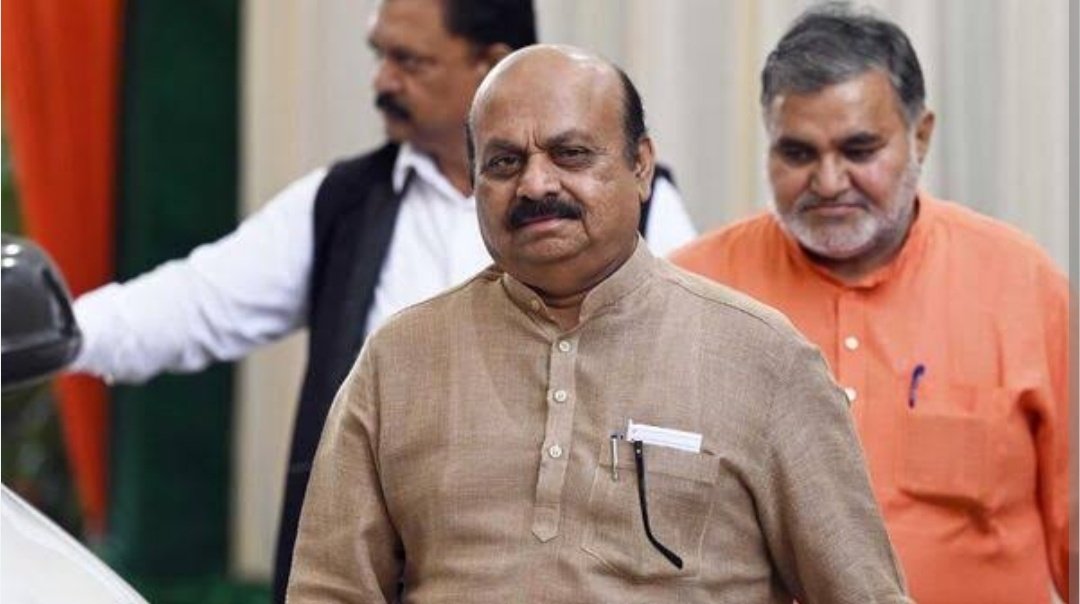
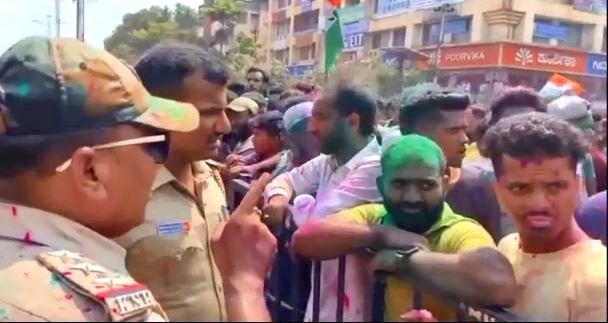
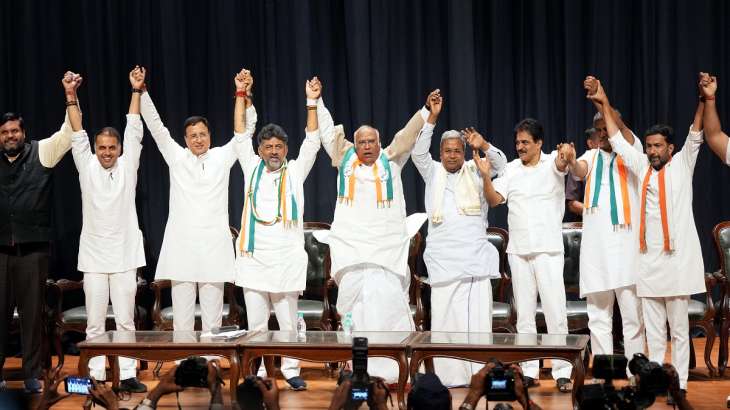
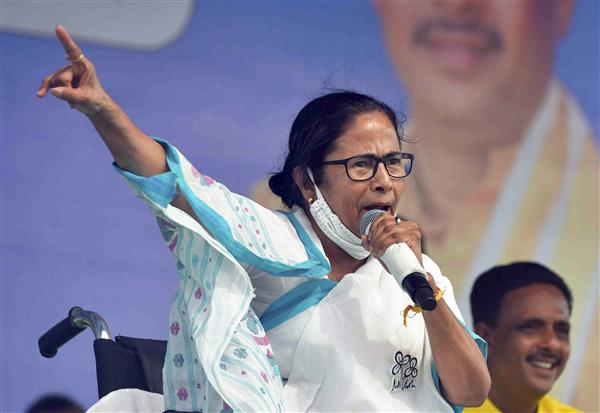
.jpg)
